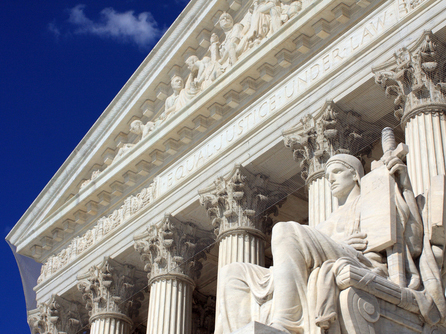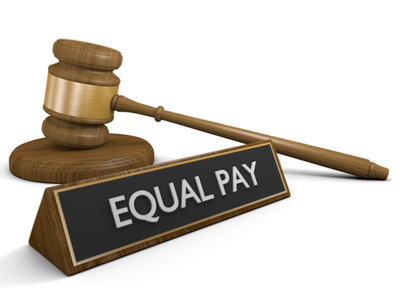On May 6th, the Commodity Futures Trading Commission (“CFTC”) announced that it made a whistleblower award of approximately $1.5 million to an individual whistleblower. The individual provided information that assisted in the successful prosecution of a CFTC action and a related action brought by another federal regulator. In particular, the CFTC recognized that the whistleblower initially sought to report his or her concerns internally prior to reporting to the CFTC, and it enhanced the individual’s award as an incentive.
In making the announcement, the Director of CFTC’s Whistleblower Office Christopher Ehrman explained, “While there is no requirement that a whistleblower report internally before approaching the Commission, today’s award demonstrates that the Commission may pay enhanced awards to those that do – that is one of the positive factors set out in our rules for the Commission to consider in making its award determination.” Furthermore, the CFTC recognized that the information the claimant provided “was directly incorporated into strategy involving witness interviews, and his/her early assistance saved Commission resources through his/her explanation of a complex scheme.”
Since the beginning of the CFTC’s whistleblower program in 2014, the agency has awarded more than $85 million to whistleblowers.











